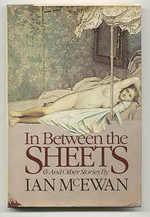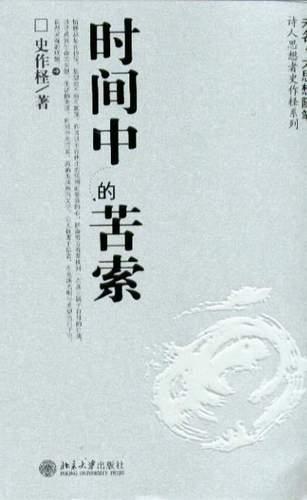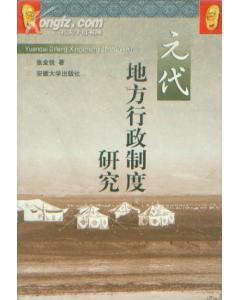Name:
Ian McEwan
Also Known As:
Ian Russell McEwan
Current Home:
Oxford, England
Date of Birth:
June 21, 1948
Place of Birth:
Aldershot, England
Education:
B.A., University of Sussex, 1970; M.A., University of East Anglia, 1971
Awards:
Somerset Maugham Award, 1976; Whitbread Award, 1987; The Booker Prize, 1998; Fellow, Royal Society of Literature; National Book Critics' Circle Fiction Award, 2003
ne of the most distinguished novelists of his generation, Ian McEwan was born in England and spent much of his childhood traveling with his father, an army officer stationed in the Far East, Germany, and North Africa. He graduated from Sussex University in 1970 with a degree in English Literature and received his MA in Creative Writing from the University of East Anglia.
McEwan burst upon the literary scene in the mid-1970s with two short story collections that highlighted with equal clarity his early predilection for disturbing, somewhat shocking subject matter and his dazzling prose style. Similarly, his 1978 debut novel, The Cement Garden, attracted as much attention for its unsettling storyline as for its stylistic brilliance. But even though his early work was saturated with deviant sex, violence, and death (so much so that he earned the nickname "Ian MacAbre"), he was never dismissed as a mere purveyor of cheap thrills. In fact, two of his most provocative works (The Comfort of Strangers and Enduring Love) were shortlisted for major U.K. awards.
As he has matured, McEwan has moved away from disquieting themes like incest, sadism, and psychotic obsession to explore more introspective human dramas. In an interview with The New Republic he described his literary evolution in this way:
"One passes the usual milestones in life: You have children, you find that whether you like it or not, you have a huge investment in the human project somehow succeeding. You become maybe a little more tolerant as you get older. Pessimism begins to feel something like a badge that you perhaps do not wear so easily. There is something delicious and reckless about the pessimism of being 21. And when you get older you feel maybe a little more delicate and hope that things will flourish. You don't want to take a stick to it."
Among many literary honors, McEwan has been awarded the Somerset Maugham Award for First Love, Last Rites (1976) and the Whitbread Prize for The Child in Time (1987). Nominated three times for the Booker Prize, he finally won in 1998 for Amsterdam. He has also received the WH Smith Literary Award and National Book Critics' Circle Fiction Award for Atonement (2001) and the James Tait Black Memorial Prize for Saturday (2005).
Good To Know
While developing the Harry Perowne, the neurosurgeon in Saturday, McEwan actually spent a year observing a neurosurgeon at work, which included time spent in the operating theater.
Although he is known principally for his novels, McEwan has also brought his vision to the screen as writer of the films The Ploughman's Lunch (1983) and Soursweet (1988).
Hollywood loves McEwan. Film adaptions of his novels include The Cement Garden, The Comfort of Strangers, The Innocent, Enduring Love, and Atonement.
McEwan is no stranger to controversy. In 1999, his first wife kidnapped their 13-year-old son.The child was returned and McEwan awarded sole custody. His ex-wife was fined for "defamation" of McEwan's name.
In 2002, Ian McEwan discovered that he had a brother born from an affair between McEwan's parents that occurred before their marriage and given up for adoption during WWII. Since their relationship has come to light, McEwan and his brother have met frequently and forged a friendship.
 In Between the Sheetstxt,chm,pdf,epub,mobi下载
In Between the Sheetstxt,chm,pdf,epub,mobi下载 首页
首页



上周培训老师推荐的
细腻厚实
一方面满足了自己的好奇心
已经很惊讶